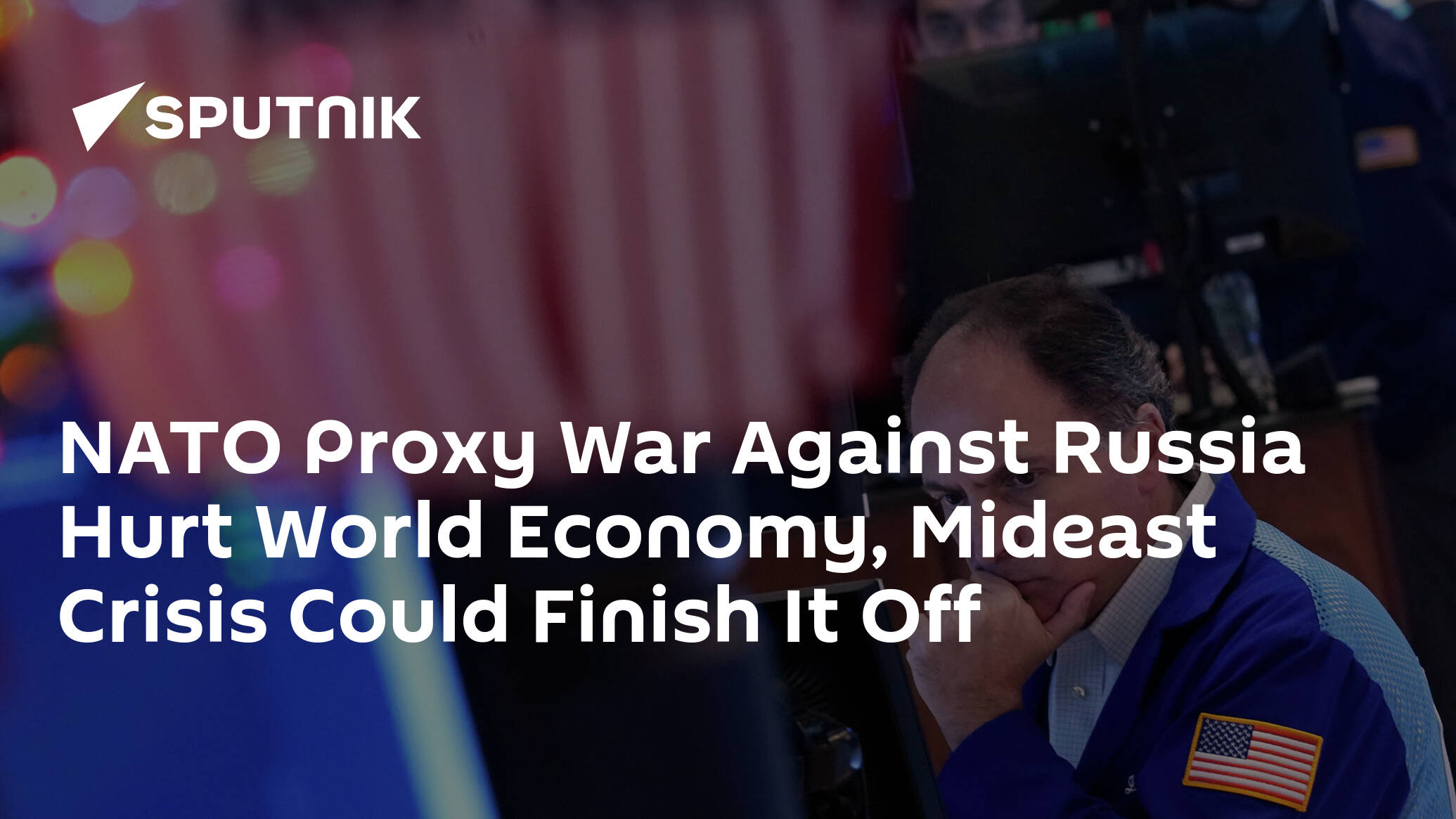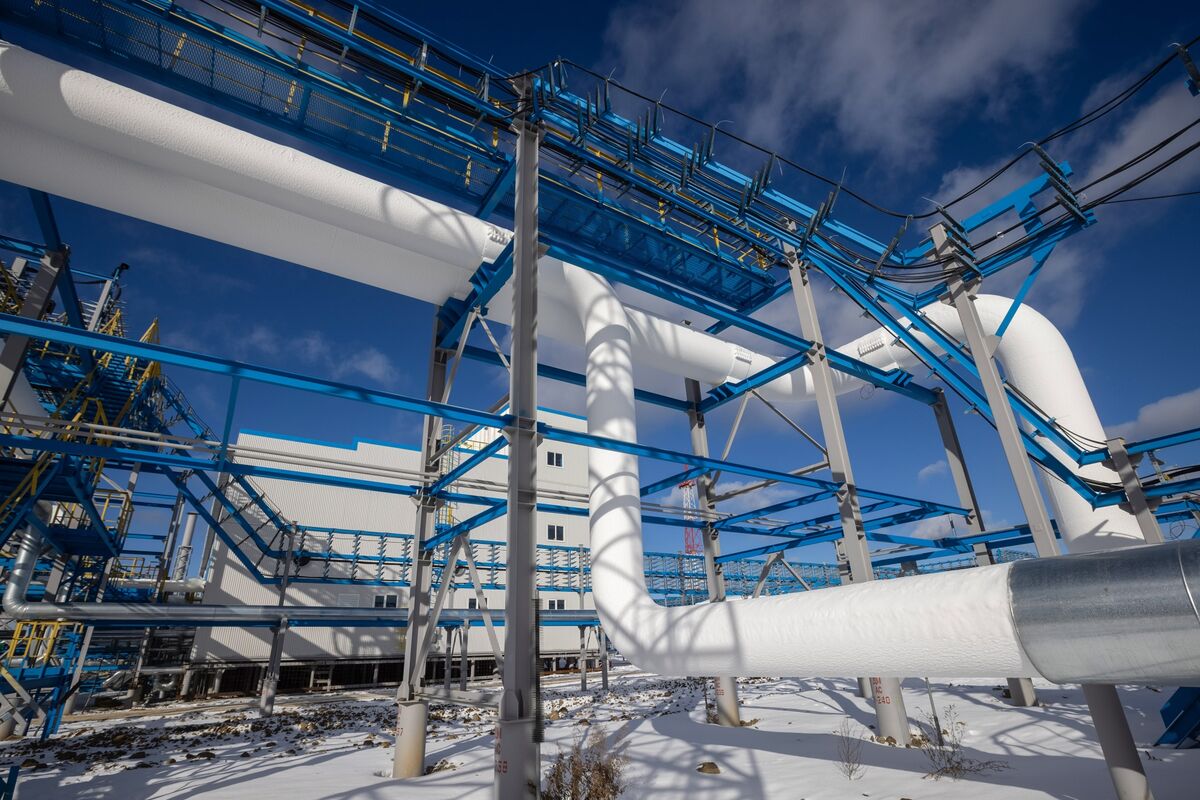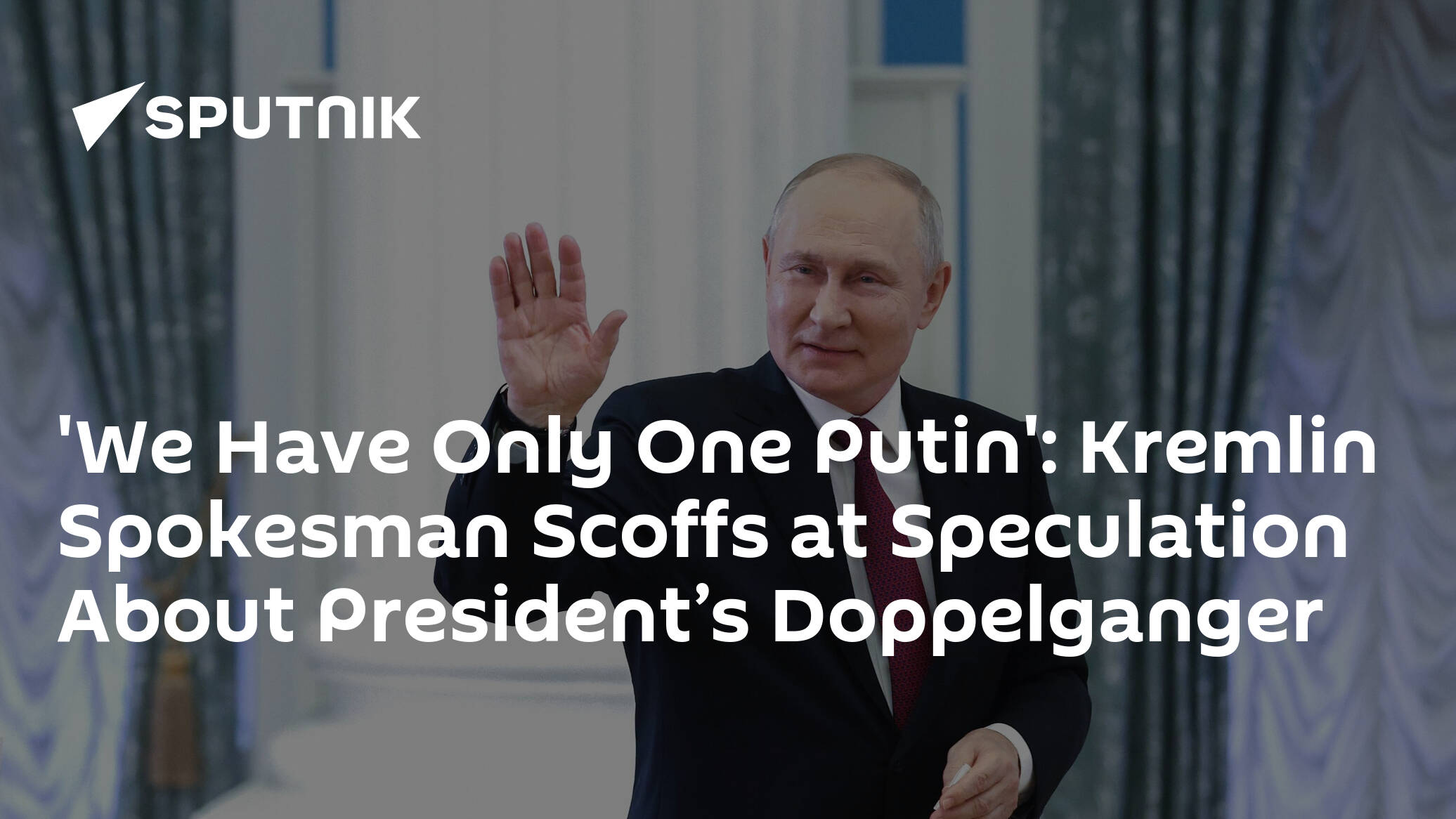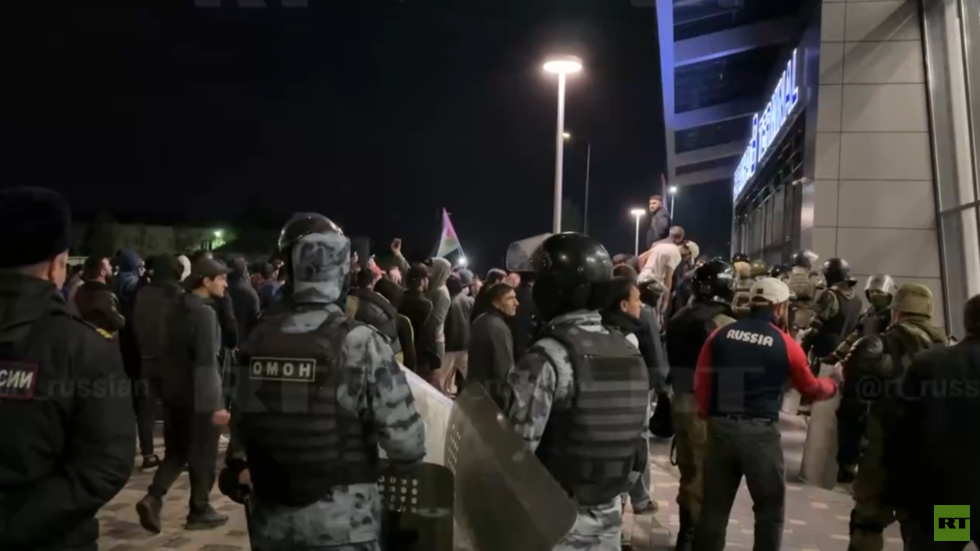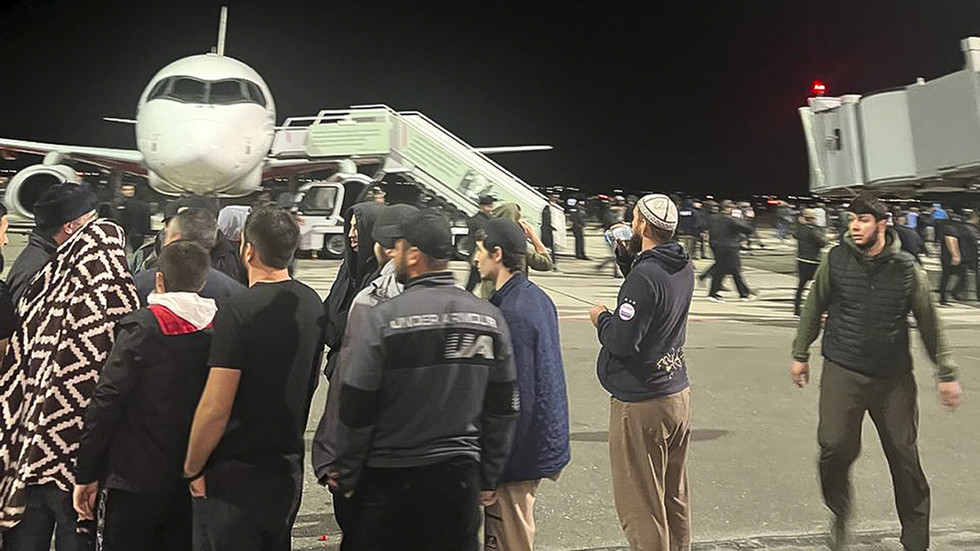In the Kremlin’s St Catherine Hall, Vladimir Putin met with representatives of Russia’s religious associations.
October 25, 2023
21:00
The Kremlin, Moscow
Taking part in the meeting with representatives of religious associations were Patriarch Kirill of Moscow and All Russia; Grand Mufti of Russia and Chairman of the Central Spiritual Directorate of Muslims of Russia Talgat Tadzhuddin; Mufti, Chairman of the Religious Board of Muslims of Russia Ravil Gaynutdin; Head of the Buddhist Traditional Sangha of Russia Pandito Khambo Lama Damba Ayusheev; Chief Rabbi of Russia (Federation of Jewish Communities of Russia) Berel Lazar; Rabbi, President of the Federation of Jewish Communities of Russia Alexander Boroda; Archbishop, Head of the Russian and Novo-Nakhichevan Diocese of the Armenian Apostolic Church Ezras; Metropolitan Kornily of Moscow and All Russia of the Old-Rite Russian Orthodox Church; Chief Bishop of Russia's Union of Evangelical Faith Christians (Pentecostals) Sergei Ryakhovsky.
* * *
President of Russia Vladimir Putin: Good afternoon, friends.
I considered it important to meet with you and, first of all, I would like to express my gratitude to all of you for supporting the Armed Forces of the Russian Federation, the Armed Forces of Russia and our military, as well as their families and everyone who is fighting for Russia as part of the special military operation. This is my first point, and I will come back to it later.
Second, I would like to discuss with you the developments in the Middle East and some other regions around the world, but primarily, of course, the Middle East because it concerns us. I will start here.
All of us are watching with concern and pain in our hearts the tragic developments in the Holy Land, which holds sacred significance for Christians, Muslims and Jews, for the followers of the world's major religions.
A new phase in the Palestinian-Israeli conflict has claimed thousands of lives, thousands.
Russia knows first-hand what international terrorism is all about. We know what it is like. We will always feel the pain of irreplaceable losses sustained by our country during the years of the war on international terrorism.
I would like to offer my sincere condolences to the families of Israelis and citizens of other countries whose loved ones died or were wounded during the October 7 attack.
But it is likewise clear to us that innocent people should not be held accountable for crimes committed by others. The fight against terrorism cannot be conducted on the notorious principle of collective responsibility resulting in the deaths of elderly people, women, children, entire families. Hundreds of thousands of people are left without shelter, food, water, electricity and medical assistance. This is a genuine humanitarian disaster.
Russia's position on the Palestinian-Israeli conflict is well known and has been explicitly stated on multiple occasions. It is not influenced by the current circumstances but is based on the UN Security Council resolutions which envisage the creation of two independent sovereign states, Israel and Palestine. This is the key to a lasting and fundamental settlement and peace in the Middle East. This has been the traditional position of the Soviet Union and then Russia since 1948.
Our primary goal is to stop bloodshed and violence. Further escalation of the crisis poses a risk of severe and highly dangerous and destructive consequences not just for the Middle Eastern region. It can spill far beyond the borders of the Middle East. I have emphasised this repeatedly in my remarks, during numerous telephone conversations, and in personal meetings with the leaders of Middle Eastern and other countries.
We see attempts made by certain forces to incite further escalation through dragging other countries and nations into the conflict and using them for their own selfish interests, to launch a wave of chaos and mutual hatred not only in the Middle East but far beyond. To this end, they are trying to exploit the ethnic and religious sentiments of millions of people, which has been their policy – if you can call it that – for a long time, long before the current crisis.
Muslims are pitted against Jews and called on to wage a “war against unbelievers.” Shiites are pitted against Sunnis, and Orthodox Christians against Catholics. In Europe, they turn a blind eye to blasphemy and vandalism against Muslim holy sites. In some countries, they openly, officially glorify Nazi criminals and anti-Semites whose hands are stained with the blood of Holocaust victims. In Ukraine, they are working to outlaw the canonical Orthodox Church and to deepen the schism.
In my view, these actions are clearly designed to sow instability around the world, to divide cultures, peoples and world religions, and to provoke a clash of civilisations. All is based on the well-known principle of divide and conquer. Meanwhile, they keep talking about an obscure “new world order,” which, in reality, is essentially the same: hypocrisy, double standards, claims of exceptionalism and global dominance and preservation of what is essentially a neo-colonial system.
The West can see that the emergence of a multipolar world order is gaining speed, and it is deploying all the same means, such as Islamophobia, anti-Semitism and Russophobia, to hinder the progress of independent sovereign countries and divide the global majority.
Of course, the forces that are pursuing such policies or are trying to implement them, benefit from having the epidemic of violence and hatred engulf not only the Middle East but other regions as well, so that old and new hotbeds of tension flare up in Eurasia.
By largely orchestrating the Middle Eastern conflict, fuelling and provoking nationalism and religious intolerance worldwide, these very forces are, without a doubt, pursuing their hostile designs on our country as well.
These goals have been stated openly by the ruling circles in some countries, that is, to inflict, as they say, a “strategic defeat” on us. There is nothing new in this either. They want the Middle East conflict, as well as any other religious or ethnic conflict in the world to be directly or indirectly tied up with Russia in one way or another or, to be more exact, to deliver a blow to Russia and Russian society. That is why they will resort to lies and provocations, and use outside and internal pretexts to weaken and split our society, and provoke ethnic and religious strife in our home.
I want to emphasise that today enormous responsibility for the future of Russia lies with public opinion leaders, the leaders of political parties and civic organisations, the heads of the regions of our vast country, spiritual leaders of traditional religions and with all civil society institutions.
Each of us, whatever we say or do, should be guided by the most important thing – and what is it? – which is the vital interests of our multi-ethnic nation and should always remember that interethnic and interfaith accord is the foundation of the Russian state. Any other position is anti-Russian in character.
I know that the spiritual leaders of Christians, Muslims, Buddhists and the followers of Judaism believe that harmony in and the unity of our society as an indisputable value.
I thank you for your principled approach and want to note the great attention you are giving to educational work and the efforts to promote interfaith dialogue. People of different faiths work together to carry out social projects and charities. I want to get back again to what I began with when I said that they supported participants in the special military operation and their families. The input of our traditional faiths is great if we speak of the efforts to strengthen family values, of the patriotic education of young people and, of course, of the harmonious development of interethnic relations based on accord and mutual understanding between people of different ethnicities and faiths, and with different traditions.
I want to emphasise again that we are one people and we have one Motherland. We all have responsibility for its prosperity and security.
I suggest we discuss this subject.
Your Holiness, please.
Patriarch Kirill: Mr President, thank you for your initiative to convene this meeting and for the remarks you have addressed to us. This is indeed a very timely and necessary initiative.
Of course, many people are particularly concerned today over the conflict that has flared up with a renewed force in the Eastern Mediterranean.
This region has been at the centre of attention for devotees of all the Abrahamic religions for centuries. Jerusalem was and is the holy city for Christians, Jews, and Muslims. The territory of Palestine and Israel is the Holy Land, where the most important events in the world history, primarily those directly related to man’s fellowship with the Lord, took place.
Historically, Russia has maintained the closest of ties with the Holy Land and sought to preserve the Russian presence there, whose history is extremely rich in facts and events. Numerous written sources, as well as cultural artefacts indicate that pilgrimage to Jerusalem was one of the most desired and significant events in the life of pious Russians.
It is the need to provide a vast number of our compatriots with the possibility of visiting the Holy Land that motivated Emperor Alexander III over 140 years ago to take the decision on founding the Imperial Orthodox Palestinian Society. This organisation undoubtedly made a significant contribution to supporting the Palestinian people, primarily in education and the social sphere, establishing schools, asylums, and hospitals. This means that some very extensive charitable activities were carried out in order to support the local people.
It is gratifying that today the traditional interconnection between Russia and the Holy Land continues to develop. I would like to note in particular that this country seeks to maintain the historical ties and traditions that have taken shape over centuries, including the cultural interaction with countries and peoples in the Middle East.
Our meeting today is taking place at a very difficult time. To tell the truth, I do not know if there are easy times. Occasionally, the same times are easy for some and very hard for others. Today, numerous conflicts are emerging all over the world. They are resulting in new threats to the peaceful coexistence of peoples and countries, with friendly and good-neighbourly relations destroyed and long-standing inter-cultural and inter-faith ties tested to the limit, because representatives of religions are also drawn into these conflicts.
Events of the past few weeks are causing the greatest concerns because they touch upon the highly complicated issue regarding the clash, correlation and interaction between Islam and Judaism, two ancient Abrahamic religions.
I would like to thank you as the President of the Russian Federation and the Russian state leadership for the consistent peacemaking position on resolving the Middle East conflict. It is hard to say how the Middle East situation would develop without Russia’s peacemaking role. Only the blind are unable to see that Russia’s role is crucial to stability and tranquillity, to an extent to which it is possible to maintain tranquillity in the Holy Land.
I sincerely believe that we, representatives of various religions in Russia, state authorities and the public at large have a common interest in achieving peace and accord through inter-faith and inter-cultural dialogue.
All of us want relations between adepts of traditional religions to be mutually respectful and benevolent. For this purpose, we have the required solid foundations in the form of a moral consensus and a common perception of good and evil. This is fundamental aspect. In effect, we have a common system of moral values. Of course, it has certain cultural and denominational hues, but, in effect, our religions have one and the same perception of good and evil.
Religions should not serve the cause of hatred; unfortunately, radical religious groups and others sometimes advocate hatred nowadays. I believe that all spiritual leaders who are present here today will agree with an assertion that misanthropic ideas cannot be associated with religion in any way. Moreover, in terms of their inner essence, these ideas are, doubtless, the brainchild of the Fiend, the Devil who hates good things.
We, the leaders of traditional Russian religions, clearly comprehend the entire tragic nature of the current developments in the Middle East, and we therefore have no right to allow any calls for hostility and manifestations of religious hatred in this country. Thank God, there is nothing like this in Russia, with the exception of certain completely marginalised groups.
The conflict in the Holy Land should not affect relations between religious communities, including those in Russia. Our brethren-in-faith can see us sitting at this table here today and speaking with each other and the President. To be honest, this is a unique example of how the Russian state interacts with religions that are represented in Russia. You see, all of us can testify to the absence of principled disagreements, including those regarding issues linked with public life.
Moreover, as I have said, we share many views on public morals and regard sin, which is a real evil that poisons human souls, as a common enemy. Of course, secular ethics, not to mention secular law, do not include the notion of evil but are only concerned with the breaches of the law. A sin is a violation of the laws of God, which are the foundation of human morals. And human morals, which developed in many cultures over the course of history, serve as the basis for secular laws. Therefore, there is a deep connection between religious values, faith and the law.
Regrettably, provocative actions are being taken now to aggravate the Middle Eastern conflict by dehumanising the opponent through the use of information resources. The elimination of this threat calls for comprehensive and unbiased coverage of the situation.
It is obvious that the position of Russia, which is consistently upholding the principle of respect for the legitimate interests of both sides and is providing all-round support for the striving of the civilian populations of Israel and Palestine for a lasting and fair peace, is facilitating the search for ways to put and end to the armed conflict and to resume dialogue between political opponents.
At the same time, it should be said that any strikes at civilian facilities and religious sites must be strongly condemned. It could be that religious sites are often attacked violently so as to provoke people and harden their hearts and thereby make the conflict even more ruthless.
Regrettably, there have been many reports of this kind recently. The Greek Orthodox Church of Jerusalem provides guidance to Christians on both sides of the conflict, and its position has been consistent and based on the principle that civilians must not become the target of armed attacks but should be given assistance and support.
Your excellencies, together with you and the other brothers who are present here and who are taking part in our conversation, I would like to express our support for the efforts of the Greek Orthodox Patriarchate of Jerusalem led by Patriarch Theophilos III of Jerusalem and to call on believers not to let up our prayers but to continue to work jointly towards a lasting and fair peace in the Holy Land. The Holy Land is our common spiritual, cultural and historical treasure. Therefore, peace in the Holy Land is our common responsibility and our common concern.
Thank you.
Vladimir Putin: Thank you very much for your assessments. They are highly important for believers and for the moral perception of ongoing processes and the importance of unity for our multiethnic country.
Esteemed Mufti, please, you have the floor.
Chairman of the Central Spiritual Directorate of Muslims of Russia Talgat Tadzhuddin: Mr President, Your Holiness Patriarch Kirill, esteemed participants in this long-awaited meeting. I cordially greet you on behalf of the Central Spiritual Directorate of Muslims of Russia.
Mr President, we thank you for an invitation to take part in this meeting.
It is very difficult and painful for us to watch the developments in the Middle East and the whole world.
We are sincerely grateful for your assessment that finds understanding not only among the people of Russia, not only among us, religious leaders, but all over the world.
Mr President, these days, many of our friends and acquaintances, prominent religious, public and state activists are talking about your extremely well thought out position and that of the Russian Federation. They are saying that they hope very much that Russia will make its worthy contribution to establishing peace and accord in the Middle East.
At the same time, a new conflict that has flared up in the sacred lands around Jerusalem, the Abode of Peace, is causing acute pain and great sorrow in our hearts.
You and Your Holiness have discussed this in great detail because all people, including Muslims, Christians, Jews and all of humanity, hold these places dear.
Doubtless, injustice with regard to the Palestinian nation lies at the root of this conflict. This injustice emerged over 70 years ago. Since then, the concerned parties have failed to fulfil UN resolutions on establishing two states, Israel and Palestine. This problem did not emerge today. However, they somehow managed to reach mutual understanding and passions did not reach such a boiling point.
The current confrontation between the parties has trampled upon all norms of international law and those governing relations between nations and states. This has also led to the use of barbaric methods of warfare when peaceful civilians, primarily women, children and the elderly, are suffering and losing their lives.
Unfortunately, certain countries do not facilitate a fair resolution of this conflict. On the contrary, they are showing the whole world that might is right and presenting it with double standards once again.
We are also witnessing attempts by the media to distort reality and juggle facts. This, doubtless, highlights the provocation which lies at the essence of Middle East developments. As you have reaffirmed, their goal is undoubtedly to increase instability all over the world. A multipolar world may not suit them either. Someone profits greatly from a large number of hot spots.
Therefore, people in Muslim countries and many other countries of the world are indignant in connection with the brutal mistreatment of peaceful civilians by both parties, demands to evacuate and intentions to conduct a large-scale military ground operation that could result in even more casualties among civilians, as well as repercussions all over the world.
Today, when the whole world is incandescent, its nations and countries and all of us should, doubtless, make a worthy contribution to preserving peace and asserting the values of life. We consider it our duty to urge the warring parties to immediately end all hostilities, release the hostages, and prevent the escalation of the conflict, the death and suffering of peaceful civilians.
We are urging the international community and countries of the Islamic world to support the efforts of Russia to convene a meeting of the UN Security Council as soon as possible to discuss the situation in the Middle East and to exert all efforts towards launching top-level talks. It is necessary to instigate new actions and, perhaps, to deploy peacekeeping forces in the conflict zone, establish humanitarian corridors for refugees and supply humanitarian aid. Today, it is, doubtless, necessary to accomplish this more quickly in order to stop further bloodshed.
In this connection, we also find it necessary to organise work in the immediate future to provide humanitarian relief to those affected by this conflict. For this purpose, we suggest establishing a joint centre to coordinate this work, with the active involvement of the Interreligious Council of Russia and spiritual centres of this country’s traditional denominations.
At the same time, we are urging our compatriots to remain calm, united and close-knit, not to yield to provocations and to prevent the inciting of inter-ethnic and inter-religious strife, to make a worthy contribution to defending the Fatherland and supporting the defenders of a united Fatherland. We have found ourselves amid such circumstances today. Even religious activists, imams, priests and clergymen of traditional denominations are staying there together with the defenders of our Motherland.
Traditional religions have never confronted each other in our country. This is what has been bequeathed to us, and this also lies at the root of our traditions because we have one and the same origin, we recognise the one and only Creator, and there is nothing to divide us in this world, not to mention eternity.
We, believers, should undoubtedly pray and address the Lord Almighty. We should request that He bless our efforts and your efforts, as well as primarily the efforts of heads of state, members of the United Nations Organisation, to comprehend the responsibility [involved] and to bless your and our efforts to resolve the conflict by peaceful methods, to restore justice, peace and stability in the Middle East and all over the world.
Thank you.
Vladimir Putin: Thank you very much.
You emphasised the importance of inter-faith and inter-ethnic accord once again. This matter is extremely important, always, and now in particular.
Rabbi Lazar, please.
Chief Rabbi of Russia (Federation of Russian Jewish Communities) Berel Lazar:
Mr President.
First of all, thank you very much for taking the initiative and inviting us all here, and for your remarks. I believe every word you said deserves to be put up on display everywhere.
It is no coincidence that we have gathered here prior to November 4, National Unity Day. Russia’s uniqueness is in national unity. You were correct in saying it is the most important thing. That is indeed true. We always feel peace and mutual respect between different ethnicities, cultures and faiths. In many other countries, not only are there no inter-ethnic or inter-faith projects, but people cannot even gather around the same table. Thank God, this custom in our country has existed for years and become even more relevant and important in recent years.
I can attest that every time we meet, especially here, we feel true friendship. It goes beyond the different projects we can implement together. We do feel respect for each other. This is thanks to you, without doubt. We look at the outside world and immediately see how turbulent it is. I want to thank you once again for preventing such tensions here in Russia.
Even the fact that people here do not take to the streets to protest is good, because we all know that extremists all over the world use street rallies for their own benefit. Even if a peaceful protest is planned, very often it results in violence.
It is very important that this meeting sends a clear message to the entire society: we support mutual respect, friendship and cooperation but at the same time, we will not tolerate intolerance, extremist propaganda or calls for violence.
Unfortunately, history already shows that there is a very fine line between hatred and violence. The ideology of hatred always leads to violence and sometimes even to terrorism. The Patriarch rightly noted that religion and hatred cannot exist together. They are two opposites. Any sermon, any lesson that religion or a religious leader offers means that people should find ways to not only love each other but also to be true friends. Thank God, here in Russia, we have not seen anti-Semitism on a state level for many years and there is hardly any anti-Semitism on the streets either.
But we also remember the experiences of the past; therefore, our biggest request to federal and local authorities is to continue their relentless and uncompromising efforts against extremism.
I have already mentioned historical experience. Several days ago, we marked 80 years since the revolt at the Nazi camp Sobibor. The man who organised that mutiny, Red Army officer Alexander Pechersky, knew that you must never give up and that you must protect yourself and those with you when violence reigns. Like any other religion, we are praying for peace and for a world without wars.
But there can be no peace with killers by definition. Therefore, when we weep for the hundreds of innocent victims the terrorists killed on October 7, and when we pray for the salvation of the more than 200 hostages, we must – I am grateful to Mufti Talgat [Tadzhuddin] for saying this – join forces and do everything in our power to help these people return home.
We know that there can be no negotiations, let alone compromise, with terrorists. Terrorist organisations must be isolated and eliminated.
I have no doubt that the Israelis and the Palestinians, Jews and Muslims, can live in peace, respecting and, when necessary, helping each other. The necessary conditions for their friendship are in place. They can take a cue from Russia, where there is peace between Christians, Muslims, Jews, Buddhists and all other religions and nationalities.
Actually, it is an example the whole world can follow. They should think about why we [in Russia] can be friends, really help each other and be happy together, while they cannot do the same. The answer is simple: we have a wise President. When he sees that he can help this friendship along or, God forbid, that there is a problem, he brings us together like he did today and, as we said today, clearly expresses his view that what we have in Russia today is our biggest value.
Thankfully, terrorists are treated harshly in Russia, which has had a positive result.
That is why I strongly hope that Russia’s experience will come in good stead in the Middle East and other regions, which still have these problems, regrettably.
I would like to thank you once again and express my hope that this meeting and blessing from all religious leaders will give the strength to settle this problem, to find a solution that will bring peace to the Middle East and, God willing, throughout the world.
Vladimir Putin: Thank you; and thank you also for mentioning our fundamental values.
<…>


